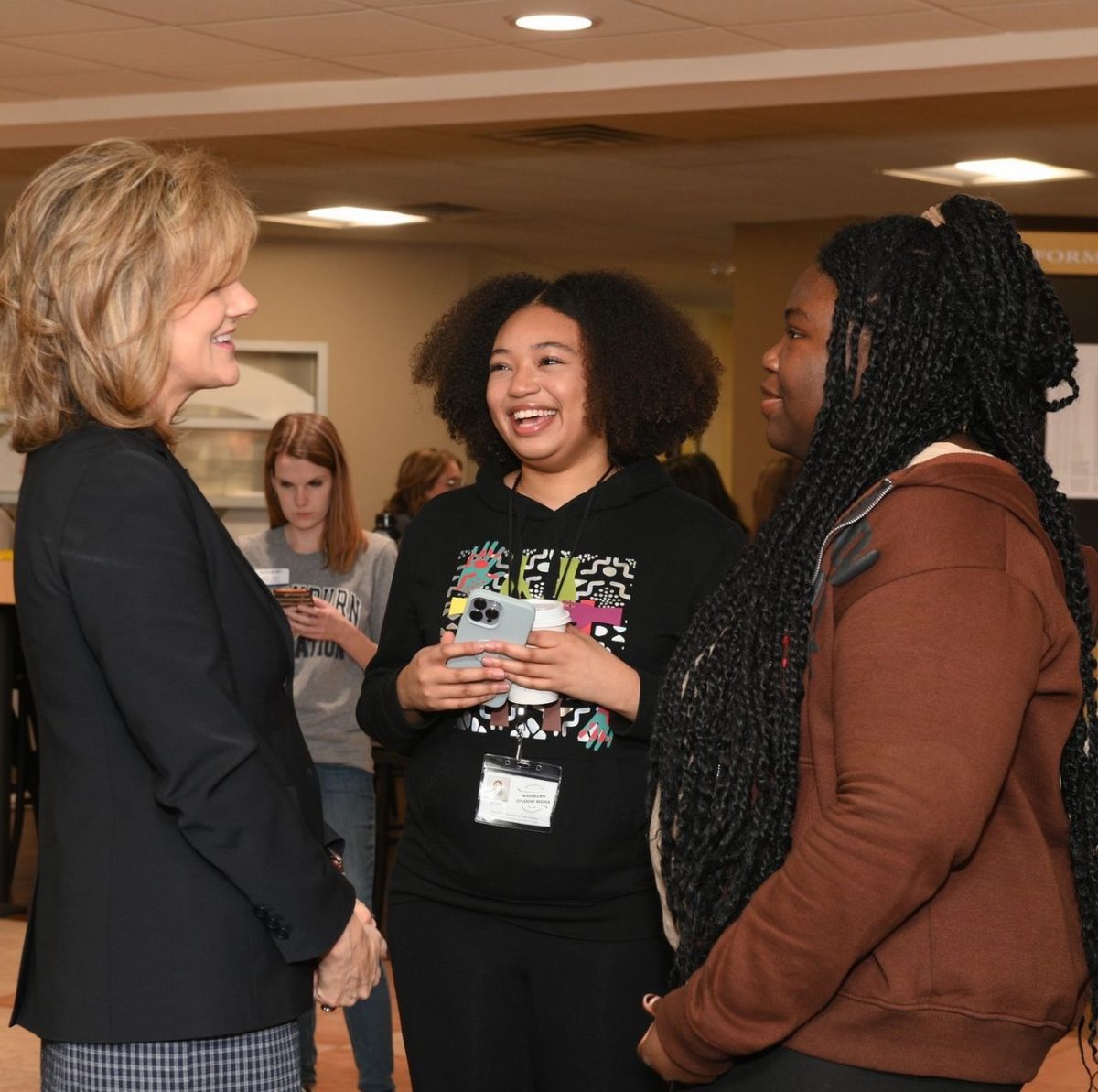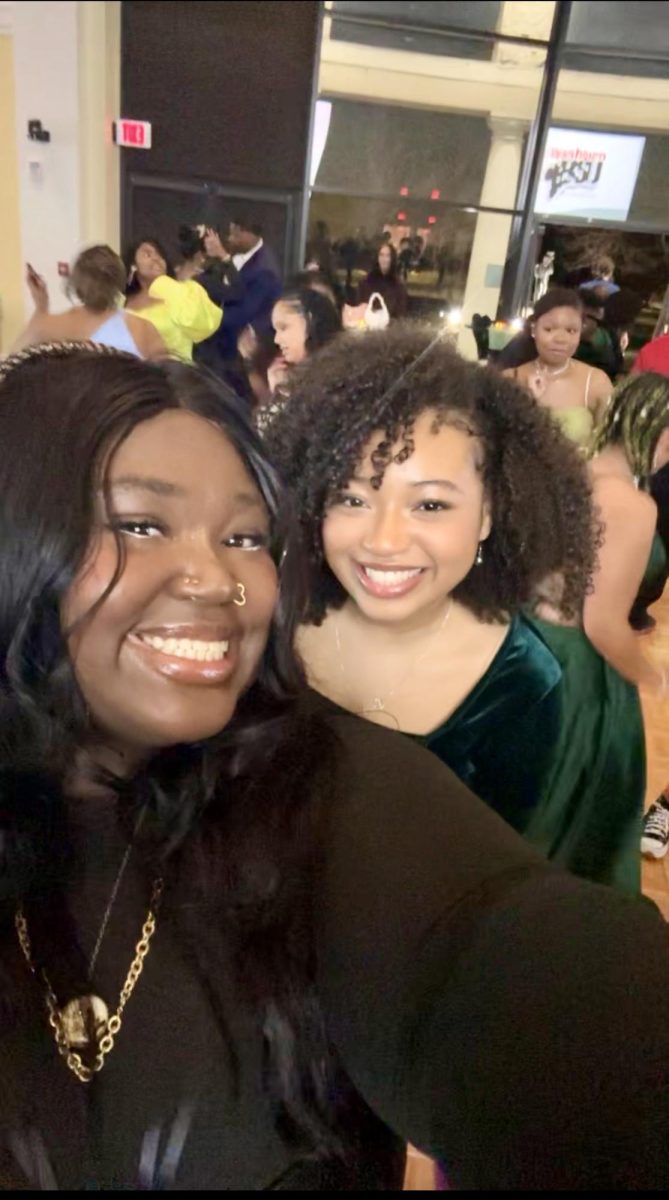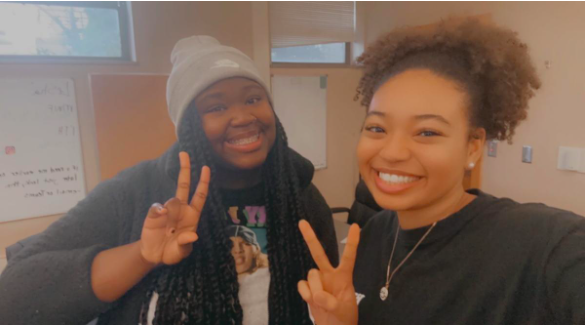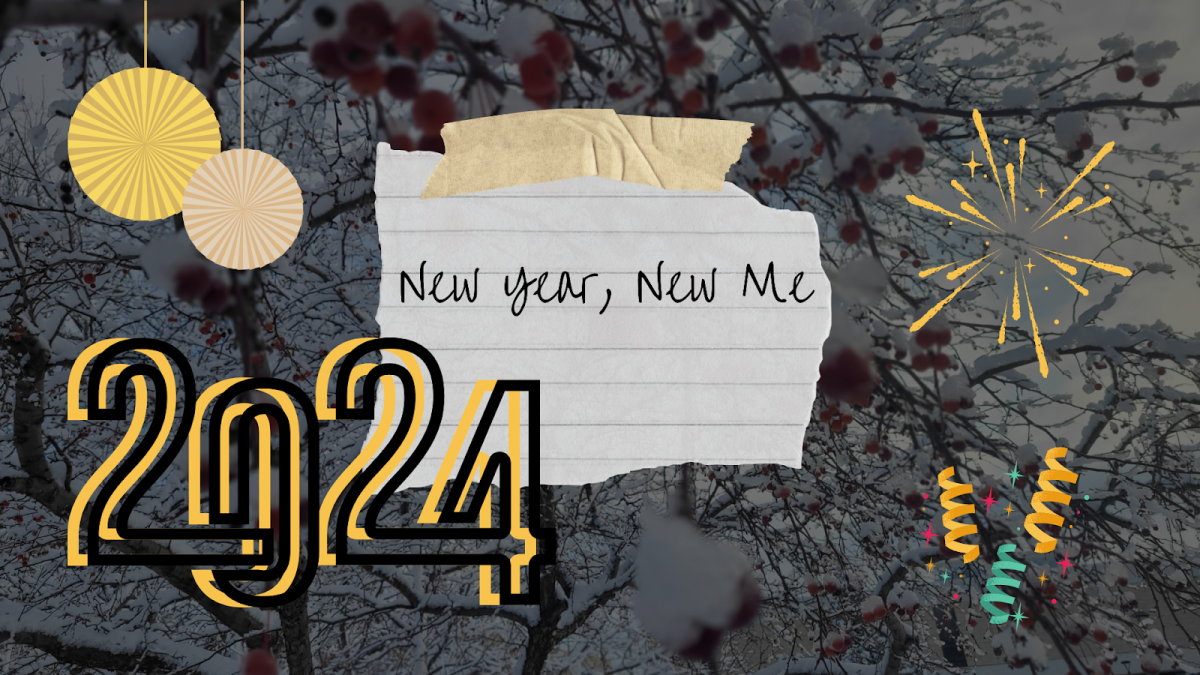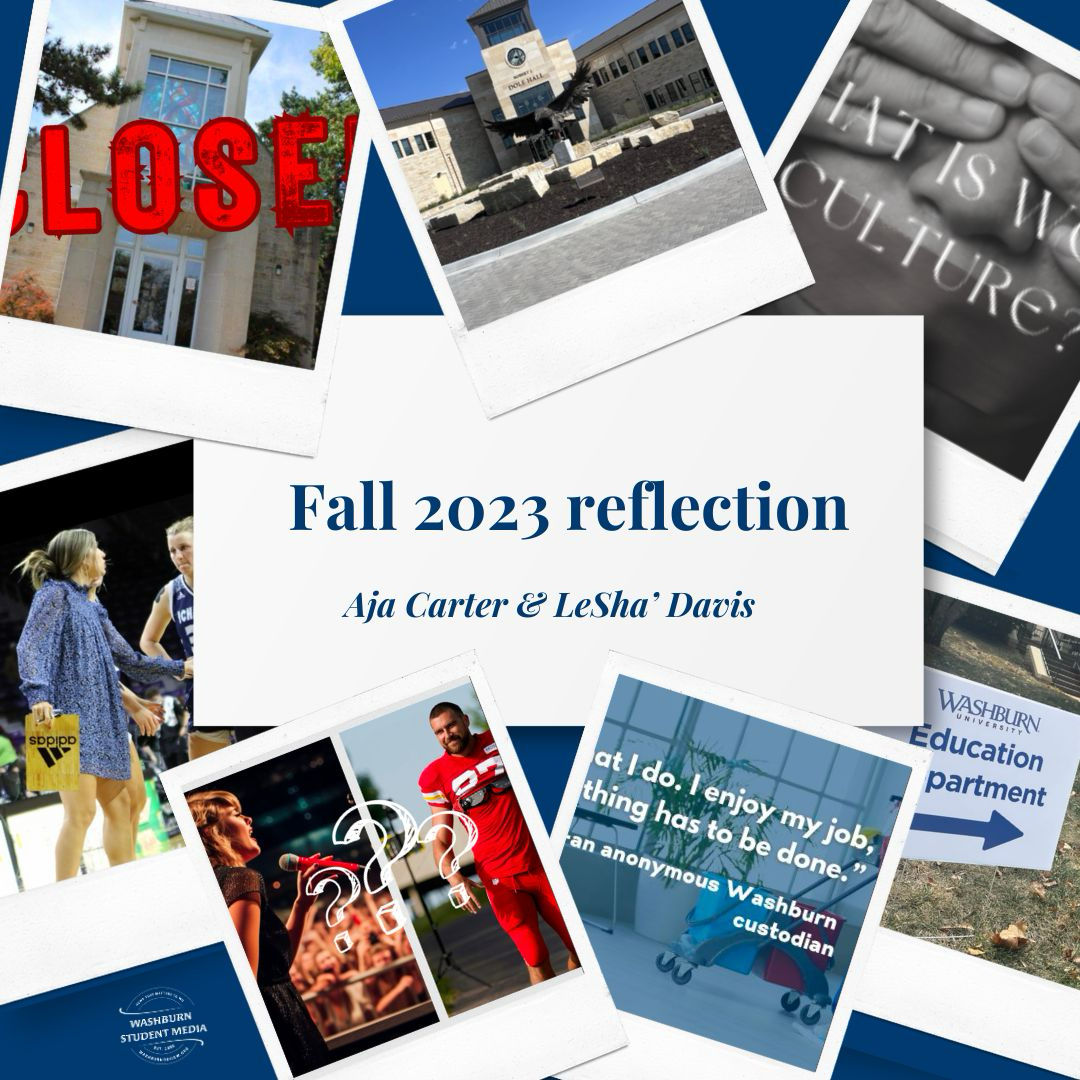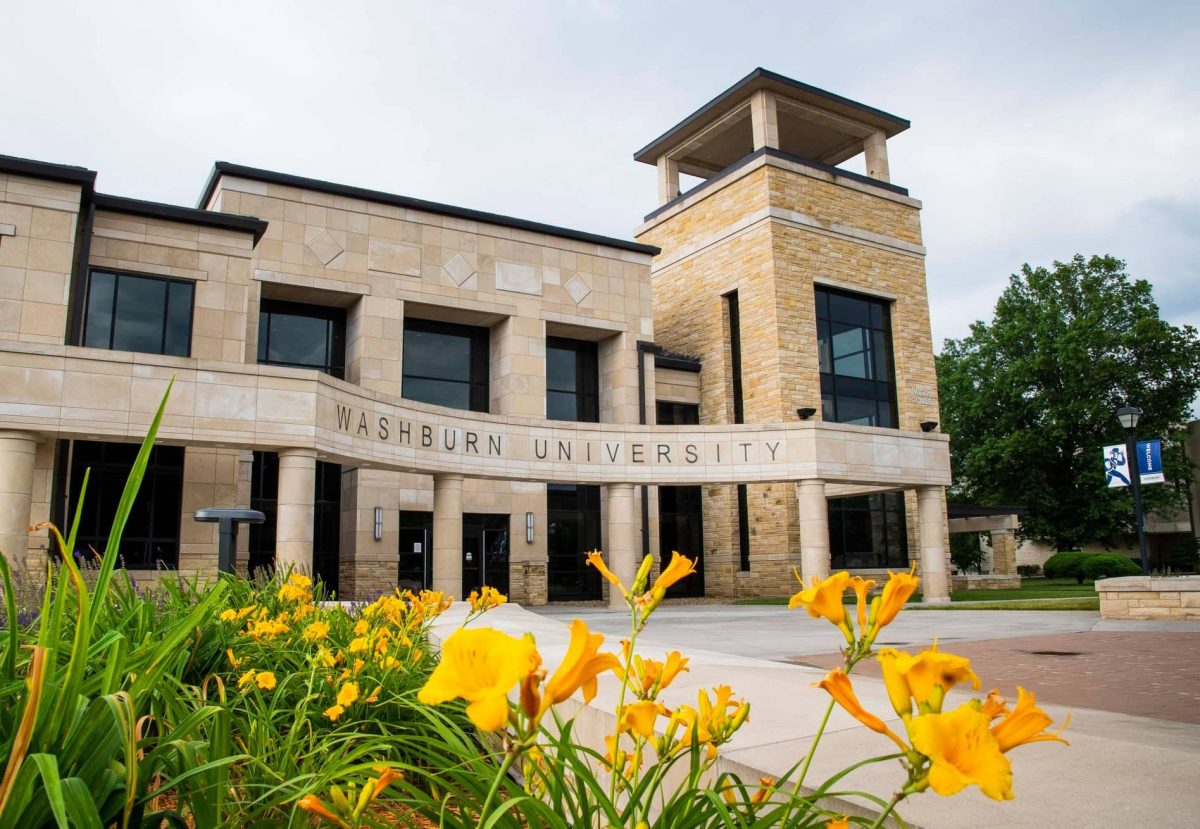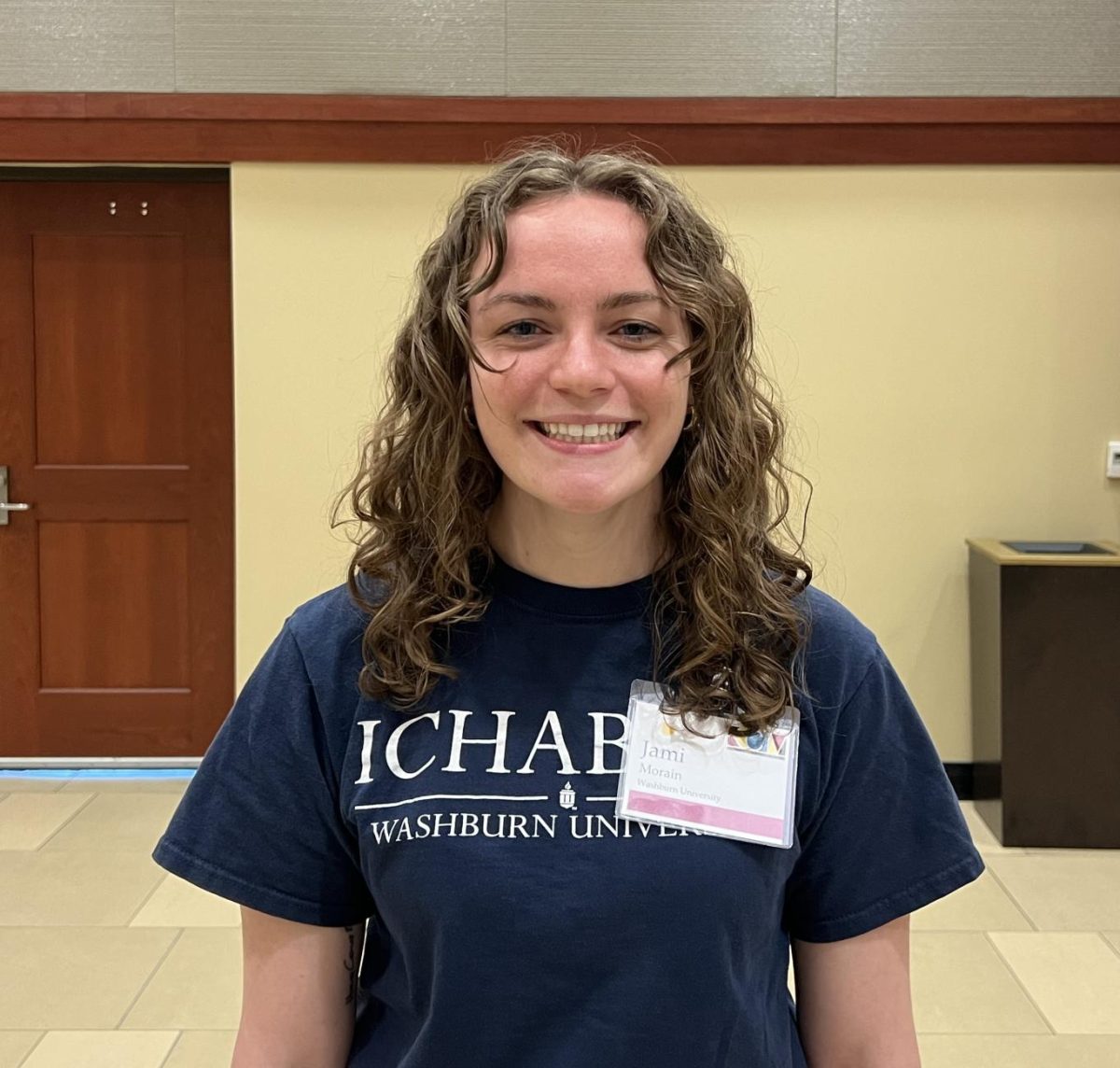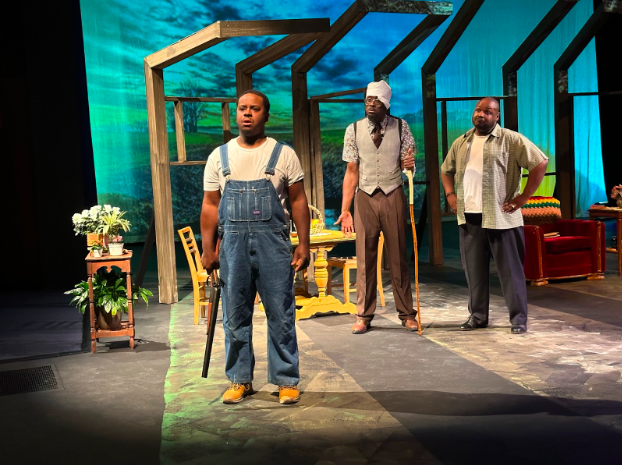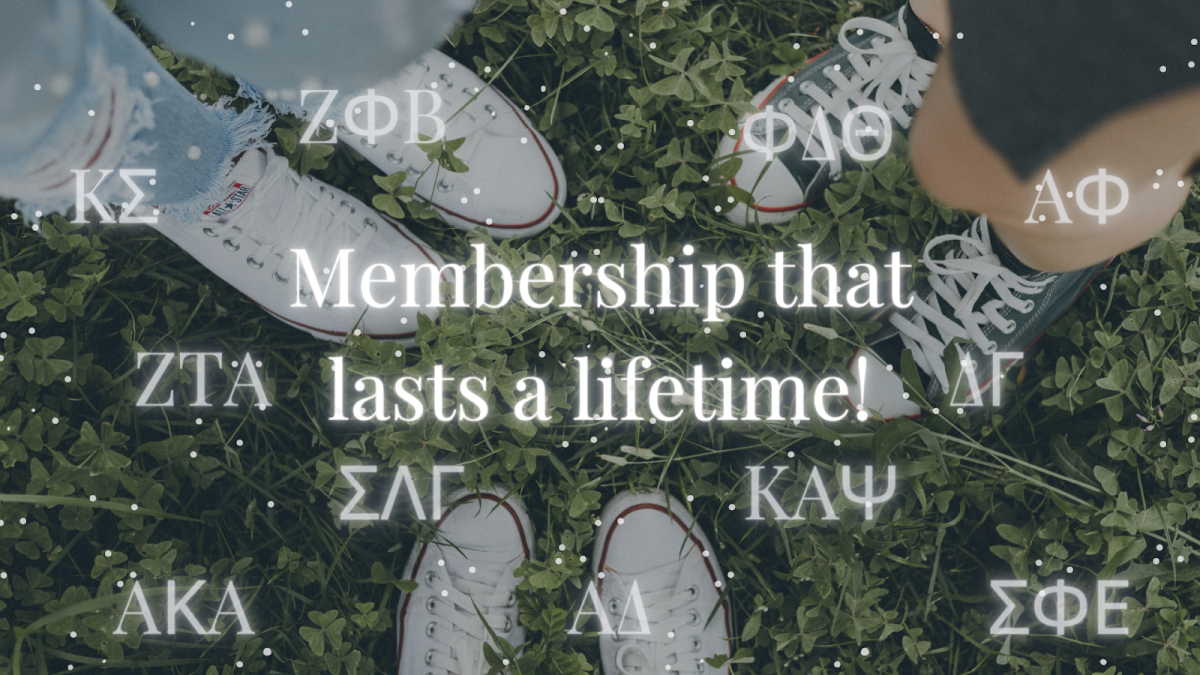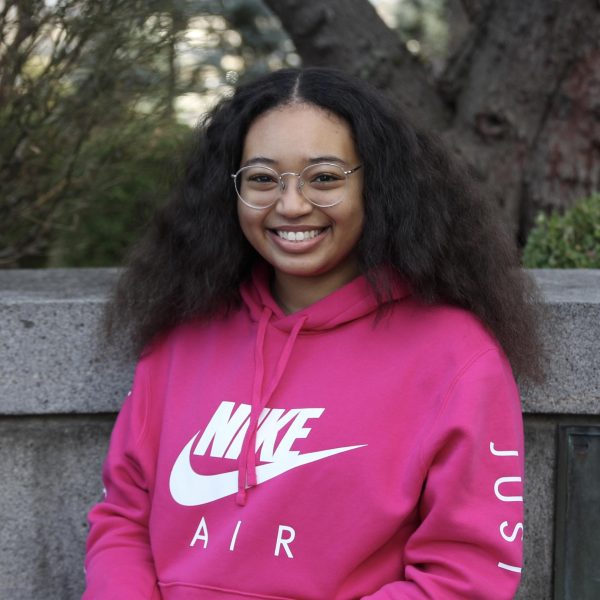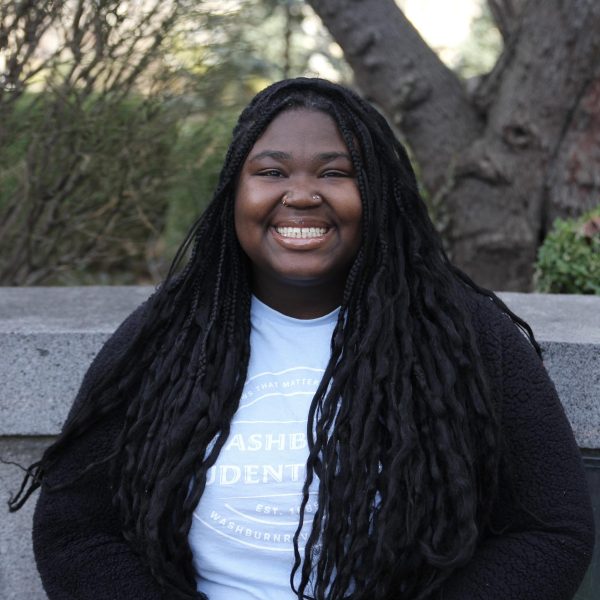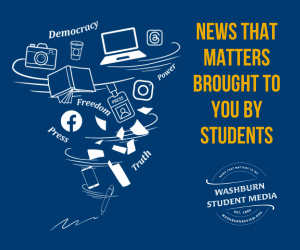
In our experience working as student journalists, we’ve realized that there is a severe distrust within America and even smaller, within the Washburn community.
With the propaganda being pushed in the media nowadays, many find it difficult to trust local reporters to speak and report the truth. This hugely affected our work with Student Media.
When we go about writing stories we strive to bring in different points of views. Yet, at Washburn we found that departments would refer us to the same person for interviews. Most of the staff who would speak were male superiors or people who weren’t on campus often. At times, the people we were referred to had little to no knowledge on the topic of our story.
Reporters must have tough skin to approach students, faculty and staff. Our mission is not to bring anyone down or ruin their reputation on campus. Dismissing reporters can leave them feeling down. The hesitation to speak with reporters can come across as avoiding so as to hide information. It leaves us questioning what you may be hiding or why you have a spokesperson in general.
Our reporters often ran into issues getting in contact with faculty. Either they wouldn’t show up for their interview or they’d stop responding to emails. As students we respect our professors’ time and understand that things happen. But, as student journalists we also have a responsibility and we ask that our positions and time be respected as well.
Student reporters juggle a lot when working for Student Media, if we approach you for a story it is not because we’ve heard negative things about you or want to expose you. Most times we reach out because we’ve heard great things about your work on/off campus. The sources we reach out to come from students themselves because we want to acknowledge our readers’ requests.
When reporting on important issues and topics, we’ve found that many on campus are uncomfortable speaking and understandably so. The administration is nervous their quotes will be taken out of context or used against them. Students are afraid of what their peers will think about them. Faculty and staff are afraid of getting fired from their positions for speaking up.
Change can only happen when you share your voice. We have made many voices heard on campus and a good amount of changes have been made in recent years. Other changes are being discussed and the administration is figuring out solutions to fix the issues brought up in some of our articles.
Carole Chapel is now open again after being closed since COVID-19. Custodians received a $1 raise and the multiple articles about accessibility continue to bring awareness to Washburn’s lack of accessibility.
As journalists, we are dedicated to providing only the truth and bringing voice to issues that need to be discussed. Yet, when the people involved are afraid to be on record, those real discussions cannot be had.
We are not allowed to take information from a source in email, text, or any kind of written format. We speak to our sources in person, via phone calls or over Zoom to ensure accuracy and truth. Our interviews are recorded so there is not a chance of us misquoting anyone. We do not prepare sources before interviews by sending questions or having them read over the material being posted on the Review as some insist we do. All of this to ensure we get off the cuff and truthful answers not PR trained responses.
Again our only duty is to be a voice for the students on campus. To answer their questions and bring conversations needed to be had to light. We work for the good of our readers and are not in the business of pushing agendas or making Washburn look bad. We hope this editorial brought you some kind of relief to be more open to speaking to the media.
Thank you to the people who have helped us and continue to stay connected to the Review.





